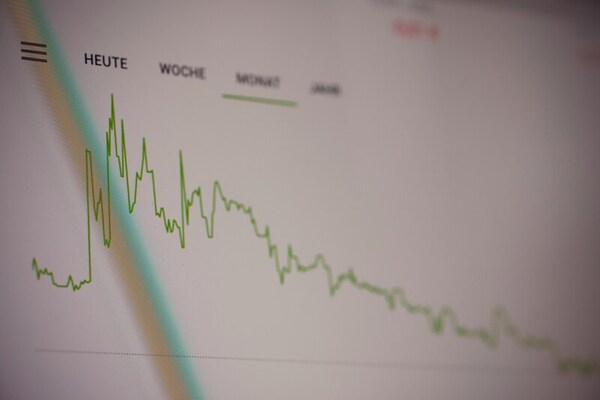Exploring the effects of diverse historical stock price data on the accuracy of stock price prediction models
(1) International Community School, (2) Inspirit AI
https://doi.org/10.59720/23-144
In the recent years, a majority of Americans have
moved to investing in stocks through algorithmic
trading. Not only does this underline the public’s
interest in the stock market, but it also shows the
important role that artificial intelligence plays when
it comes to predicting and trading stocks. These
prediction models can benefit investors by improving
their investment decisions and potentially increasing
financial gains. In this research, we aimed to explore
the impact of incorporating historical stock price
data types, such as the opening prices, closing
prices and highest prices, on the accuracy of stock
price prediction models. The primary objective was
to optimize the performance of our models. To carry
out this research, we developed three supervised
learning artificial intelligence models using Python:
linear regression, neural network, and multiplicative
weight update. Our models predicted the stock prices
for Microsoft, Amazon, Google, Tesla, and Apple.
First, the models used the opening prices for the past
three days to predict the opening price on the fourth
day. However, to enhance each model’s performance,
we evaluated whether adding extra information, such
as closing and highest prices, would be beneficial.
We hypothesized that incorporating the opening,
closing, and highest prices would yield the highest
accuracy as it would provide the models with the
most information and help them better predict
patterns in the stock market. The results supported
our hypothesis as the models’ average percent errors
significantly decreased when they were given all three
of these data types.
This article has been tagged with: